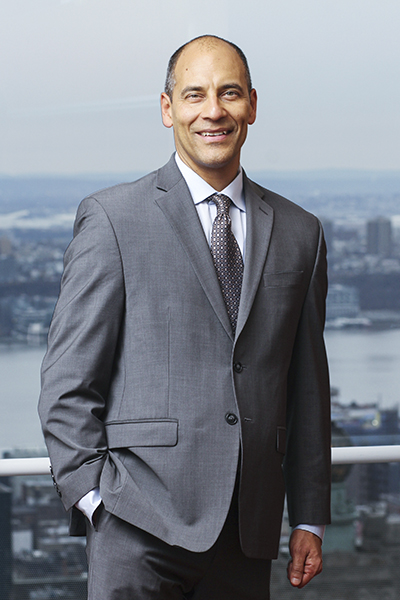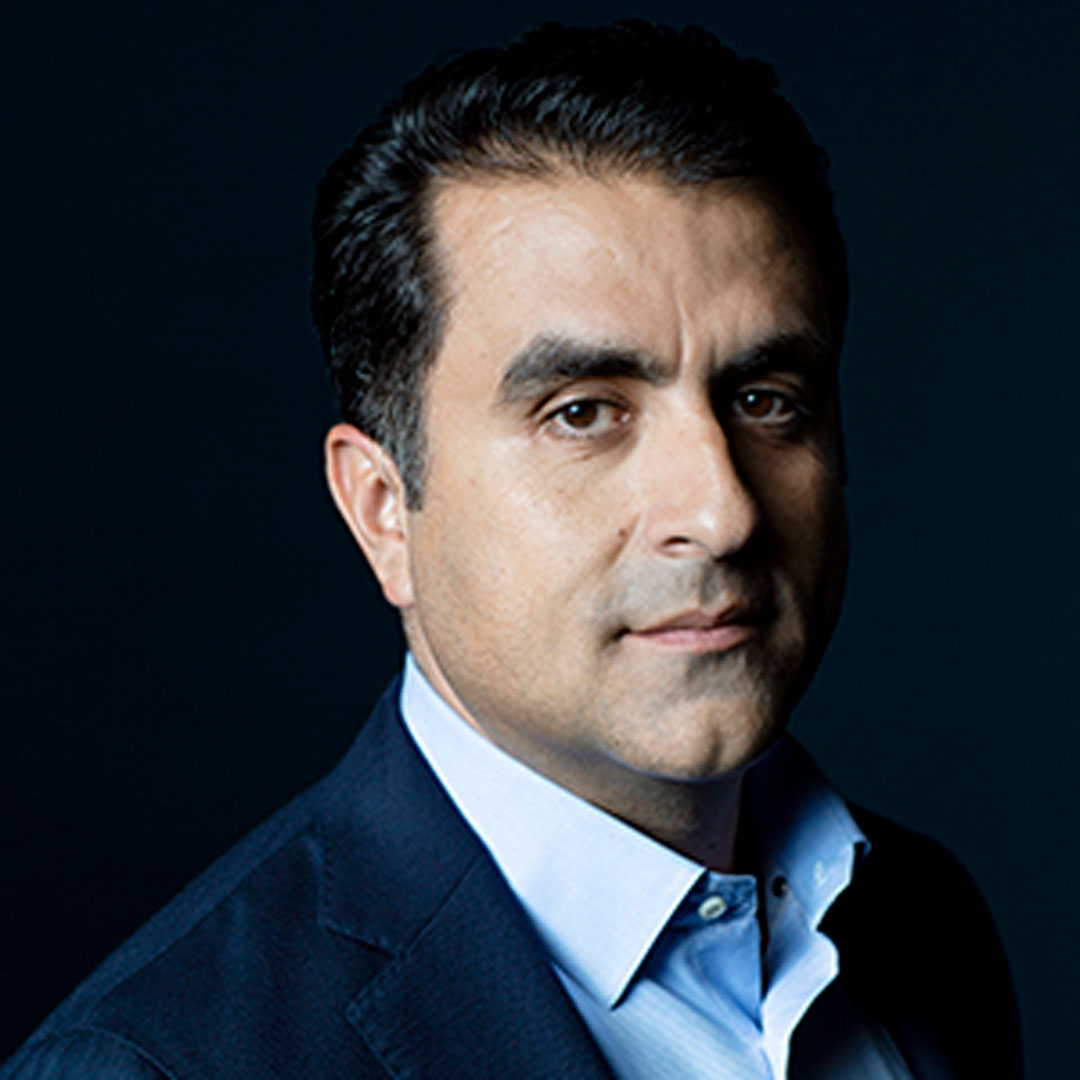|
Getting your Trinity Audio player ready...
|
For Andy Velez, it’s pretty simple: “If you have a level playing field and everyone has a chance to exhibit their talents, if you work hard and demonstrate your talent and work ethic—that will win out.”

Currently senior vice president and assistant general counsel for Bank of America, Velez is a litigation expert with a wide range of labor and employment experience—which he uses to help keep that playing field level. “It may seem like, coming in-house, that you’re taking the side of the company that’s paying you, but that’s not how this works,” he says. “The company is asking you to ensure that its policies, including equal and fair treatment for all employees, are being enforced.”
Earlier in his career, Velez had assumed that he was a born litigator, made for the courtroom and nothing else. But in his five years with Bank of America, he’s developed a broad and collaborative skill set that emphasizes efficient and honest communication between the company’s legal department and the rest of its business.
And, ultimately, it’s been a skill set that has not gone unnoticed by the partners that work with—and depend on—Velez for his expertise and know-how. “Andy embodies the relentless passion and energy of a prize fighter, the instincts and precision of a scientist, and the knowledge and wisdom of a philosopher,” explains Michael J. Fortunato, president at the firm of Rubin, Fortunato & Harbison PC. “On any given matter, he quickly masters the law and digests the facts while shaping the trajectory of a case with a keen appreciation for the business realities. His ability to multitask as a road warrior and perform at a consistently high-level dazzles even the most hardened opponents. It is truly a privilege to work alongside of him.”
The Value of Being There
When Velez first came to Bank of America in 2015, his role was advising business partners of risk on employment and internal matters. After a year and a half he was asked to manage litigation, widening his purview significantly. “I said, ‘I know how to do this, but I need to do it my way,’” Velez remembers. “In terms of traveling on behalf of issues and adding value, I felt that I needed to be traveling more than the job had previously entailed. I place a great deal of trust in our outside counsel, but I wanted to be an added eye there.”
“I said, ‘I know how to do this, but I need to do it my way.’”
While the financial world may seem to be full of stringent processes and protocol, Velez says, his employer has offered him a degree of flexibility in his approach that has allowed him to be the most effective lawyer he can be. “I felt like I was able to openly ask about it and challenge the way it had been done before,” he says. “And it’s worked out.”
Velez has also made himself available for the company’s continuing diversity and inclusion initiatives, appearing on the bank’s behalf at the annual National Association of Minority and Women Owned Law Firms conference. “We are a large client that needs to express our interest in diversity matters to all of our outside counsel,” Velez says. “We have to ensure that our outside counsel is reflective of the diverse employees that we have here.” He also routinely sits in on committees that assess prospective outside counsel and says that the opportunity to have a voice in furthering diversity on behalf of Bank of America’s outside counsel has been a rewarding new component of his position.
Asking the Tough Questions
Velez has spent the last decade focusing on employment law in financial industries, a world that’s heavy on regulations and compliance. Even though he isn’t a regulatory attorney, the nature of his job means that it’s in his best interest to know what’s going on. “That way I can advise the business on what’s fair and what is level,” he says. “I have credibility to explain the way the law works in that framework.”
The best advice he can offer young lawyers, Velez says, is to have the confidence and the courage to grow in the business. “To do this job well, you have to know your industry. You have to become an expert here so you can effectively tell the businesspeople and your HR partners that you understand the responsibilities they are supervising. Be honest, be clear, and provide all of the necessary information they need to know so they can make the most informed decisions.”
“I try not to downplay downsides of a potential dispute, because the reality of the situation is that litigation is very expensive. You need to be efficient and honest in your advice.”
Velez is effective as a partner partially because he doesn’t sugarcoat the realities of potential litigation, he says. “I try not to downplay downsides of a potential dispute, because the reality of the situation is that litigation is very expensive. You need to be efficient and honest in your advice.”
In his role, Velez says, it’s also essential to play devil’s advocate when it comes to potential litigation, reinforcing that each and every fact can often be interpreted any number of ways. “I’m never afraid to ask the tough question at the end of a conference call,” he says.
The value of asking tough questions, according to Velez, is that it helps cement relationships between business partners. “It lets your internal clients know that you’re looking out for their best interest,” he says. “And the greatest satisfaction I can get is when I hear from a supervisor that one of my clients trusts my advice.”

